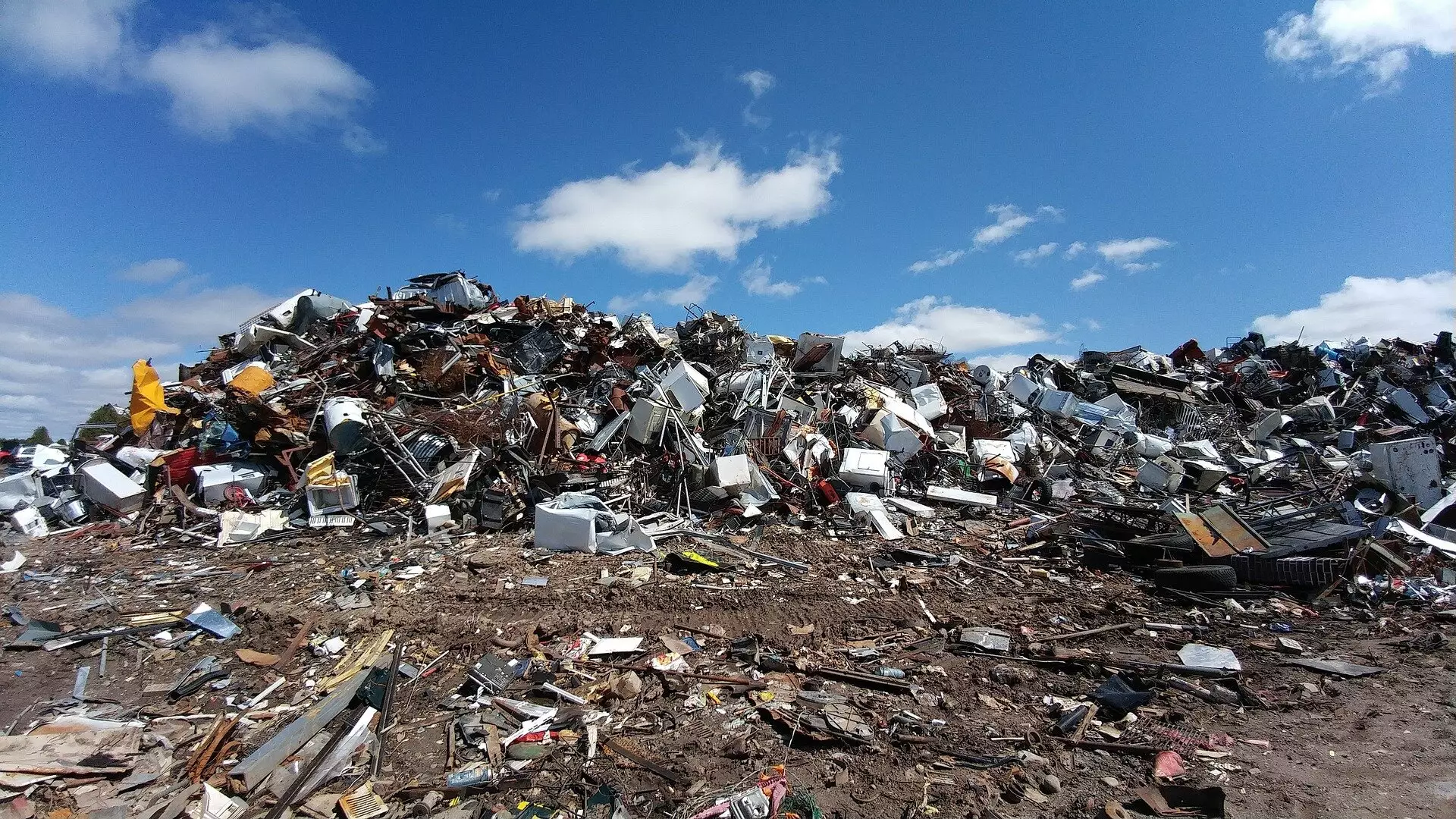Food waste has emerged as a pressing environmental issue, accounting for approximately 8 to 10% of global greenhouse gas emissions. As awareness grows about the detrimental effects of food waste on climate change, many U.S. states have instituted food waste bans aimed at combating this pervasive problem. However, a recent study from the University of California Rady School of Management raises critical questions about the effectiveness of these bans. The findings indicate that among the first five states to adopt such legislation, only Massachusetts made significant strides in diverting food waste from landfills. This article delves into the study’s insights, examining the reasons behind Massachusetts’ success and how other states can learn from its model.
The study, titled “Of the first five U.S. states with food waste bans, Massachusetts alone has reduced landfill waste,” offers a comprehensive analysis of food waste legislation. Conducted from 2014 to 2024, it assessed the effectiveness of food waste bans across five states: California, Connecticut, Rhode Island, Vermont, and Massachusetts. While these bans aimed for a 10–15% reduction in waste, the researchers discovered that, combined, the laws only resulted in a meager 3% decrease. Massachusetts emerged as the exception, achieving a notable 13.2% reduction in landfilled waste.
Robert Evan Sanders, an assistant professor at the Rady School of Management and co-author of the study, commented on the overall ineffectiveness of the food waste bans in four out of the five states examined. The stark contrast between Massachusetts and its counterparts signals a critical need for policymakers to reevaluate their strategies.
Key Factors Behind Massachusetts’ Success
The research identified three primary features that contribute to Massachusetts’ successful food waste diversion efforts: robust composting infrastructure, clear legal language, and stringent enforcement measures.
First, the state boasts the highest concentration of food waste processing facilities, which plays a vital role in managing organic waste effectively. This strong network enables the proper processing of diverted food waste, ensuring that it does not end up in landfills.
Second, the simplicity of Massachusetts’ food waste ban law enhances compliance. By using straightforward language with minimal exceptions, the legislation is easier for commercial generators, such as grocery stores and restaurants, to understand and follow.
Lastly, enforcement stands as a pivotal factor. The study revealed that Massachusetts conducted more than three times the number of inspections per waste generator compared to Vermont, the next highest state in enforcement frequency. In contrast, other states exhibited very little enforcement activity, which undermined the effectiveness of their bans.
To reach these conclusions, the authors utilized a variant of the synthetic control method, a robust statistical technique that allows researchers to compare the outcomes of policy changes across states. By analyzing data from environmental agencies across 36 states, representing about 85% of the U.S. population, the researchers estimated what waste management would have looked like without the newly enacted waste bans.
Their analysis revealed that, under the food waste bans, approximately 70% of commercial organic waste was technically illegal to send to landfills. However, the expected drop in landfill waste did not materialize, prompting recommendations for a more significant legislative overhaul.
The findings advocate for a more proactive approach in implementing food waste bans. While eliminating food waste is critical in the fight against climate change, the study suggests that merely adopting legislation is insufficient without complementary measures.
Other states are encouraged to learn from the Massachusetts model by investing in the necessary infrastructure and ensuring clear communication of regulations. Increased funding for inspections and enforcement can also bolster the success rates of waste diversion laws.
California has already set a positive precedent with the passage of SB 1383, which mandates organic waste collection services for all residents and businesses. Such initiatives indicate a shift toward more comprehensive policy measures needed to support food waste bans effectively.
As the data indicates, there is significant room for improvement in food waste reduction strategies across the United States. Massachusetts stands out as a beacon of success, but its achievements serve as a challenge to other states to refine their policies. Striving toward more effective bans can yield substantial environmental benefits and reduce greenhouse gas emissions. Failure to adapt and innovate in food waste management could mean continued harm to our planet, underscoring the pressing need for strategic change and intentionality in policy-making.


Leave a Reply